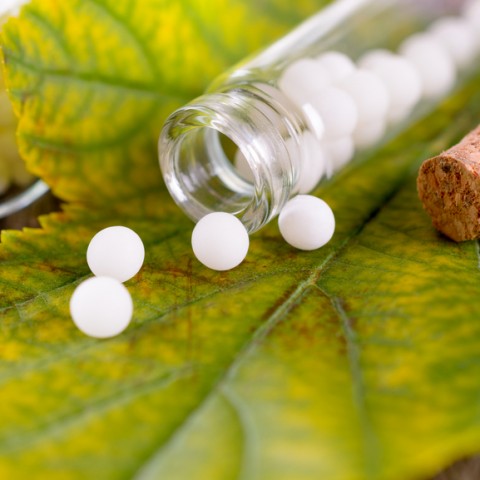Approved Practitioners
Claire Chaubert – 07849 511 771
Katerina Roberts – 07729 462 921
Homeopathy is a complementary or alternative medicine (CAM). This means that homeopathy is different in important ways from treatments that are part of conventional Western medicine.
It is based on a series of ideas developed in the 1790s by a German doctor called Samuel Hahnemann. A central principle of the “treatment” is that “like cures like” – that a substance that causes certain symptoms can also help to remove those symptoms. A second central principle is based around a process of dilution and shaking, called succussion. Practitioners believe that the more a substance is diluted in this way, the greater its power to treat symptoms. Many homeopathic remedies consist of substances that have been diluted many times in water until there is none or almost none of the original substance left.
Homeopathy is used to “treat” an extremely wide range of conditions, including physical conditions such as asthma and psychological conditions such as depression.
What should I expect if I try it?
When you first see a homeopath they will usually ask you about any specific health conditions, but also about your general wellbeing, emotional state, lifestyle and diet. Based on this, the homeopath will decide on the course of treatment, which most often takes the form of homeopathic remedies given as a pill, capsule or tincture. Your homeopath may recommend that you attend one or more follow-up appointments so the effects of the remedy on your health can be assessed.
When is it used?
Homeopathy is used for an extremely wide range of health conditions. Many practitioners believe that homeopathy can help with any condition.
Among the most common conditions that people seek homeopathic treatment for are:
- asthma
- ear infections
- hay fever
- mental health conditions, such as depression, stress and anxiety
- allergies, such as food allergies
- dermatitis (an allergic skin condition)
- arthritis
- high blood pressure
Homeopathy should not be used to replace medical treatment but in conjunction with.

